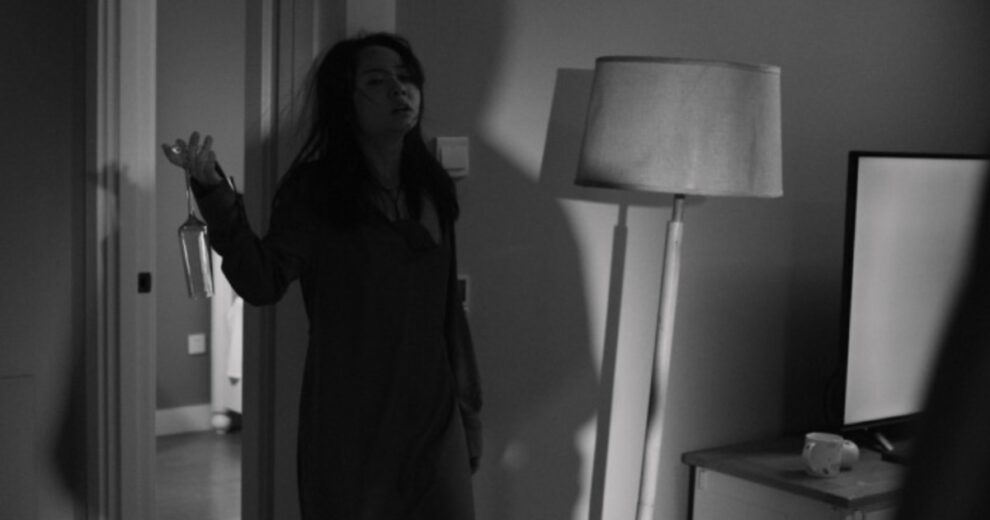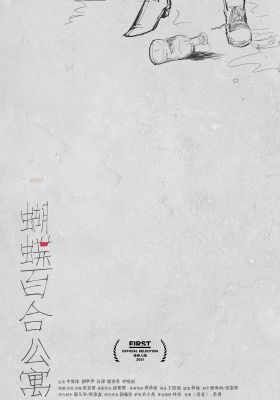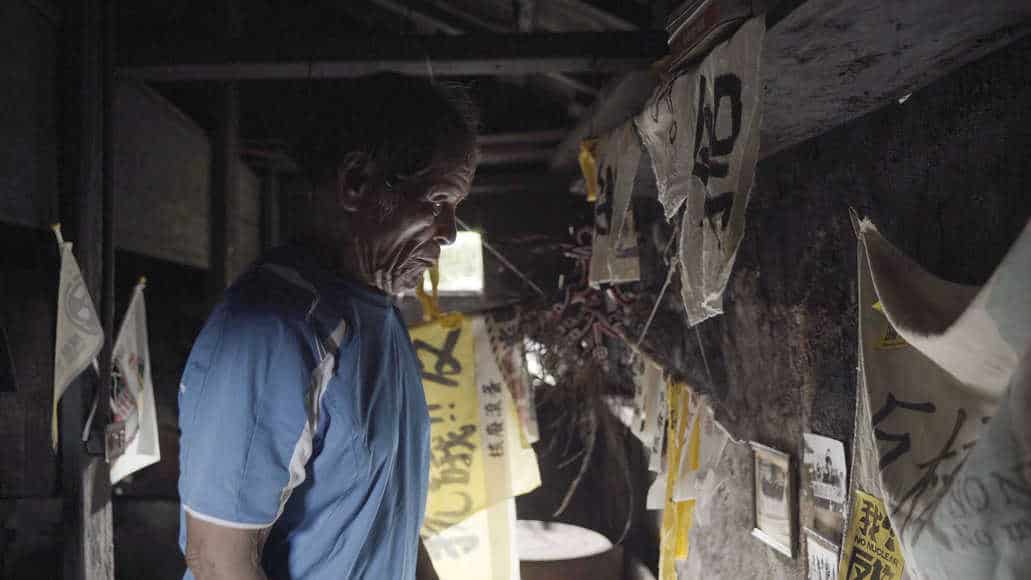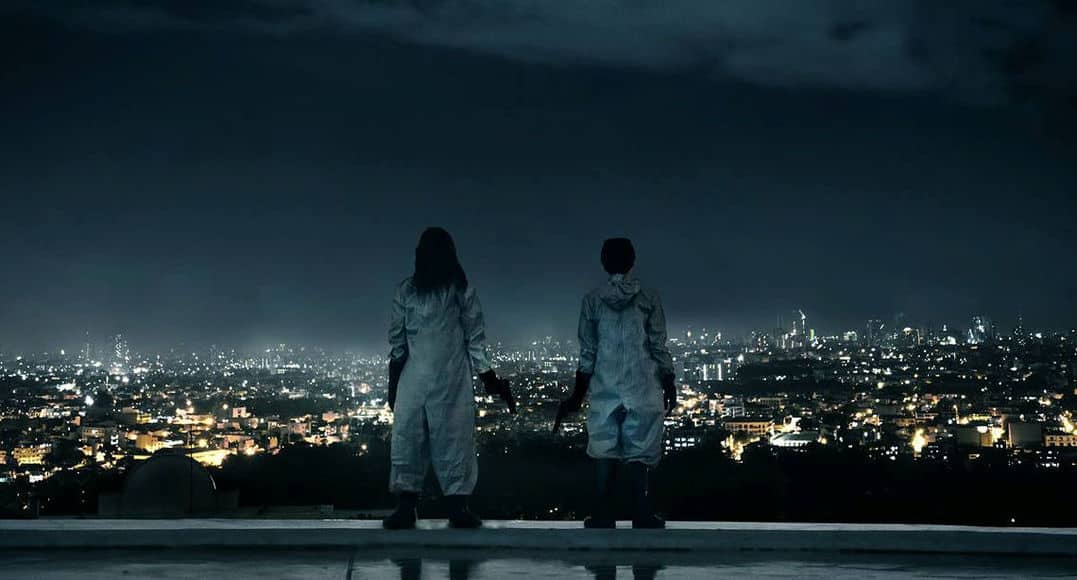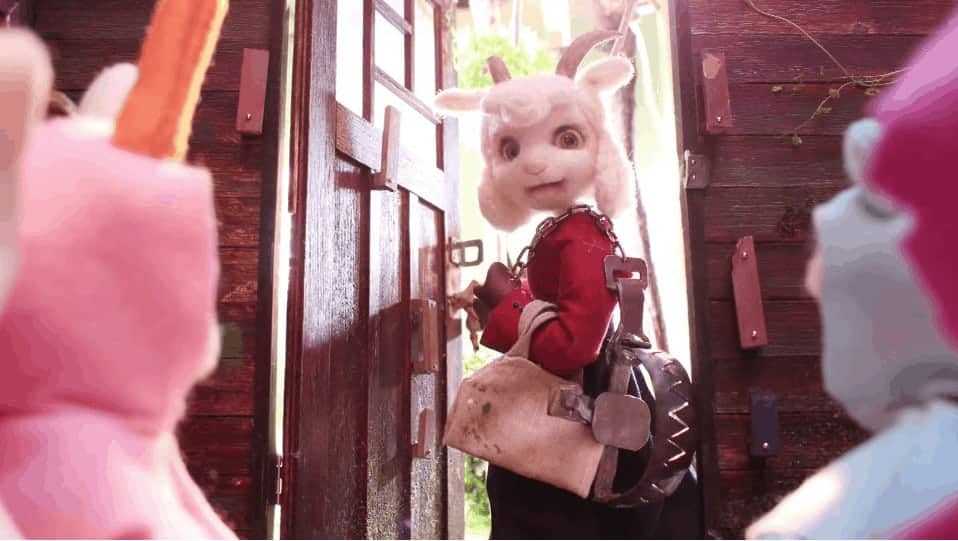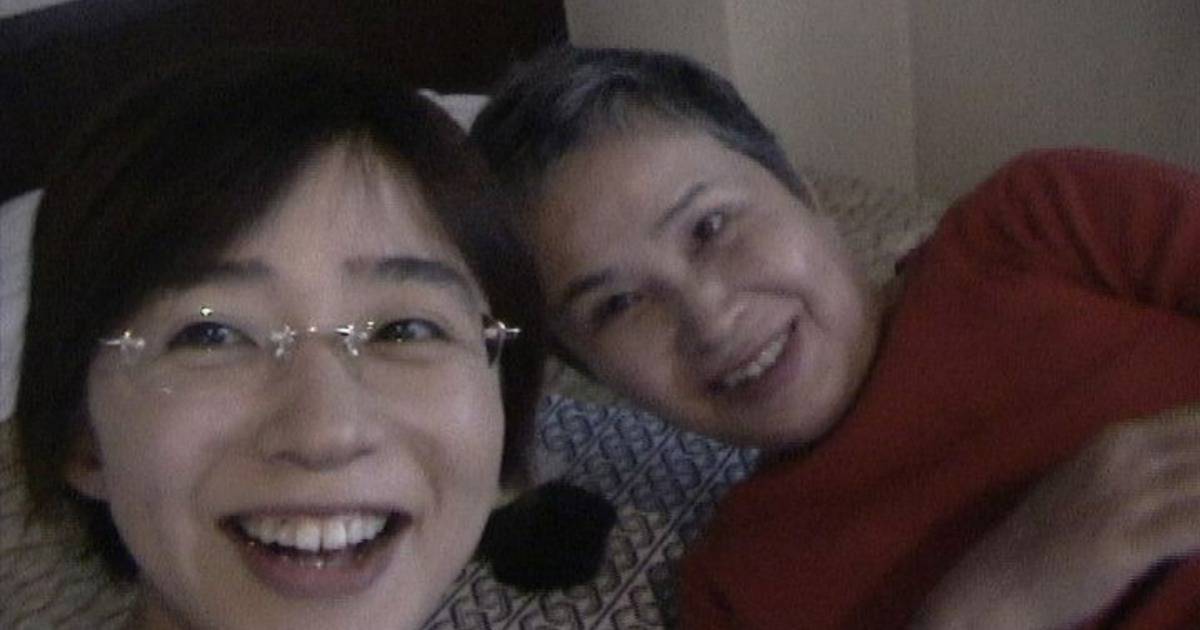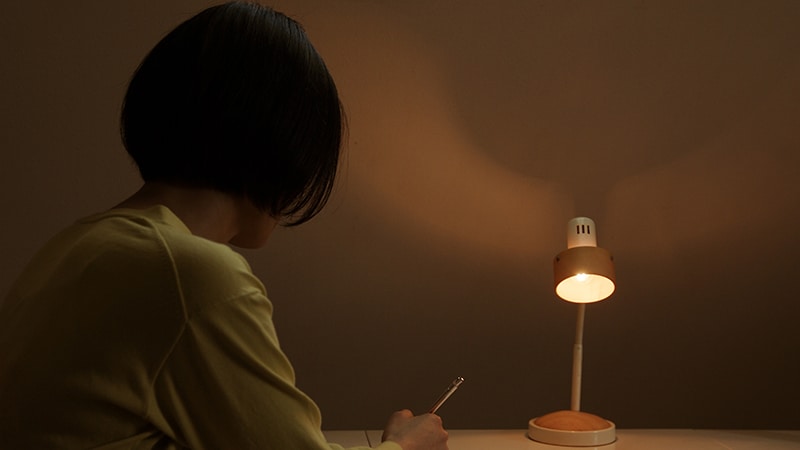From the film's description: At the end of 2019, in the Mariposa Apartment, I recorded the sound of my boyfriend and I arguing. The short film begins with this “original recording” in a counselling clinic, where the counsellor takes the couple back to the frenetic, chaotic and unfamiliar time and space presented in the recording. “Mariposa Apartment” is an experimental 14-minute short which screened in FIRST International Film Festival and Dumbo Film Festival where it won an award for Best Experimental
Watch This Title
on CathayPlay
The film begins in the office of a therapist, although we do not see the people present, but just a printer printing a paper, while he hear their voices. Soon, the film turns into the aforementioned recording, which is heard while we watch two individuals, a man and a woman, perform, in what seems to be an improvisation inspired by the recording. The fight heard is quite intense, with the abuse the man submits the director being rather appalling, and the dancing movements actually communicating what is happening in very fitting fashion, with the tension being evident in every movement. Soon, the black-and-white images give their stead to color ones, while we return to the therapist's office, this time actually seeing the people there.
Ju Jinglu directs an evidently experimental film, which thrives mostly on two aspects. The first are the performances, which are truly impressive to watch, especially due to the sharpness of the movements, and the fact that what we are seeing on screen actually matches the sound of the recording. This exactly is the second trait, with the director being quite brave in sharing such intimate and personal moments, which are shocking from the first moment we start listening to them. At the same time, both these two aspects (dancing and sharing) could also be perceived as a type of therapy, which brilliantly connects with the actual therapy presented on screen.
The ending could have been somewhat more clear, but in general works well, essentially highlighting what happened to the relationship, at least until the film was made.
The cinematography is also pretty good, particularly in the sharp black-and-white of the performances, with the caption of the movement being particularly competent. The framing of the last part also works nicely, additionally for the way it communicates what is happening in the story.
The performers are the ones who stand out in terms of ‘acting', while the man in the therapy office shows his disgrutnlement quite eloquently, even without speaking.
“Mariposa Apartment” is an excellent short, both for the way it is presented and because its impact lingers for quite some time after the film is finished.


